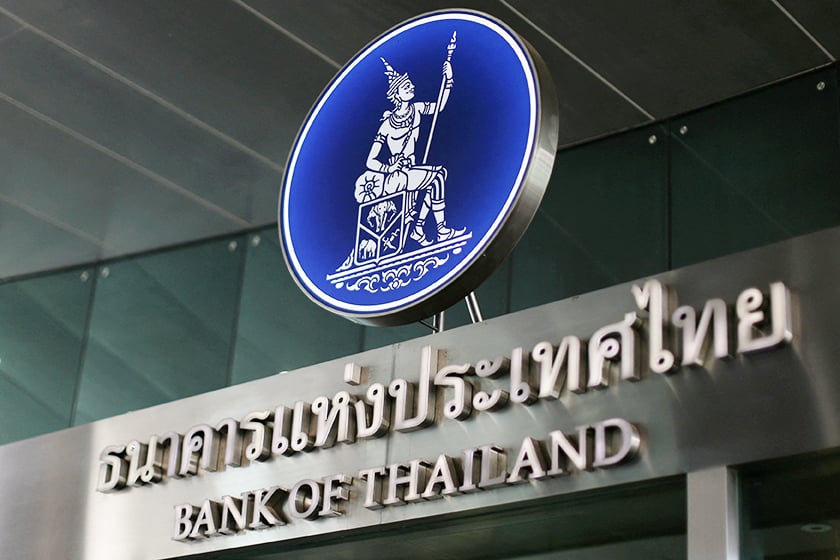Thai central bank pushes back against rate-cut calls from PM


BANGKOK: Thailand’s central bank pushed back strongly against calls for lowering borrowing costs, saying interest rate cuts can’t fix structural economic problems.
The current benchmark rate — a decade-high 2.50% — is “appropriate” to support the economy as well check inflation, Bank of Thailand’s assistant governor Piti Disyatat said at a briefing in Bangkok on Monday. The rate-panel’s future decisions will be guided by the outlook for prices, growth and financial conditions, he said.
Interest-rate cuts carry “costs and risks,” Piti said. “We have to use it very carefully” as it could end up stoking inflation as well as lead to excessive debt.
The remarks offered a peek into what the central bank might do at its next meeting in February, and came days after Prime Minister Srettha Thavisin and his aides called for easing monetary policy to aid the economy’s recovery, amid falling consumer prices.
With Thailand already grappling with high household debt, a rate cut would be more difficult to justify at this juncture.
Rates are meant to tackle near-term price pressures, Piti said, suggesting the monetary tool can’t address deeper problems that ail the economy. He said inadequate infrastructure was holding back growth in Thailand’s tourism, a key engine of the economy.
Piti also dispelled the argument that a string of negative inflation readings last year warranted a rate cut to boost consumption. He said the deflationary trend was mainly due to state subsidies and it didn’t reflect waning demand in the economy.
Economic situation
The BOT briefing followed a meeting between Srettha and BOT Governor Sethaput Suthiwartnarueput last week, where the two discussed the current economic situation.
Southeast Asia’s second-largest economy is forecast to expand 3.2% this year, up from an estimated 2.5% in 2023, according to the World Bank. Srettha wants to lift that pace to 5% during his term, and has argued that negative consumer prices provide the room for reversing the tightening.
The central bank, which has delivered 200 basis points of increases since 2022, paused its tightening campaign late last year after saying the level was appropriate to support growth and check inflation.
Besides high household debt, Thailand’s economy faces multiple challenges including the impact from El Nino, slowing global trade and geopolitical tensions.
On his part, Srettha has acknowledged that the BOT is an independent institution and that he has “no power to interfere.”
Desain Rumah Kabin
Rumah Kabin Kontena
Harga Rumah Kabin
Kos Rumah Kontena
Rumah Kabin 2 Tingkat
Source